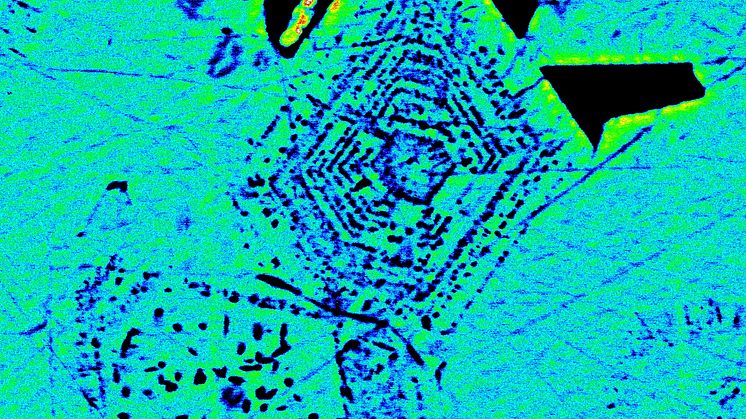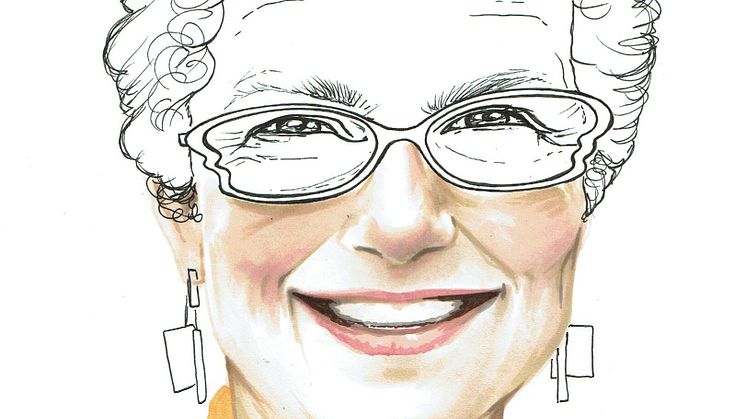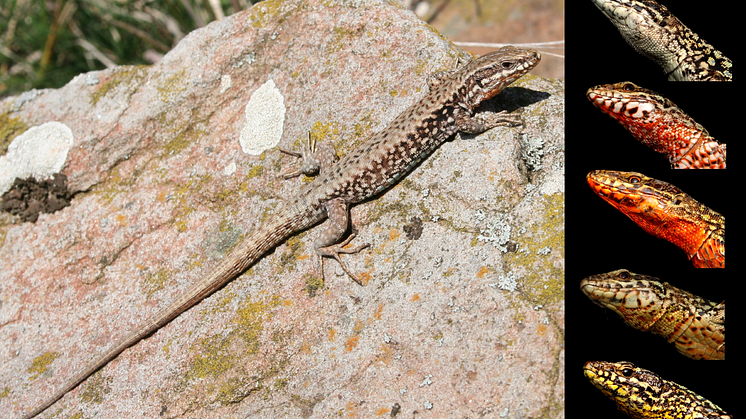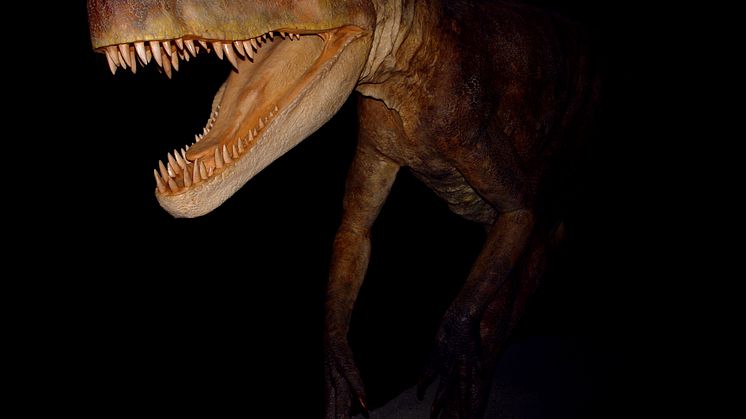New discovery could lead to improved blood sugar level control
Many diabetes patients do not only have problems with their insulin, but also with the release of the hormone glucagon. Researchers at Uppsala University have now discovered a regulation mechanism which could provide an opportunity to improve blood glucose control in these patients. The research is published in the journal Diebetologia.



